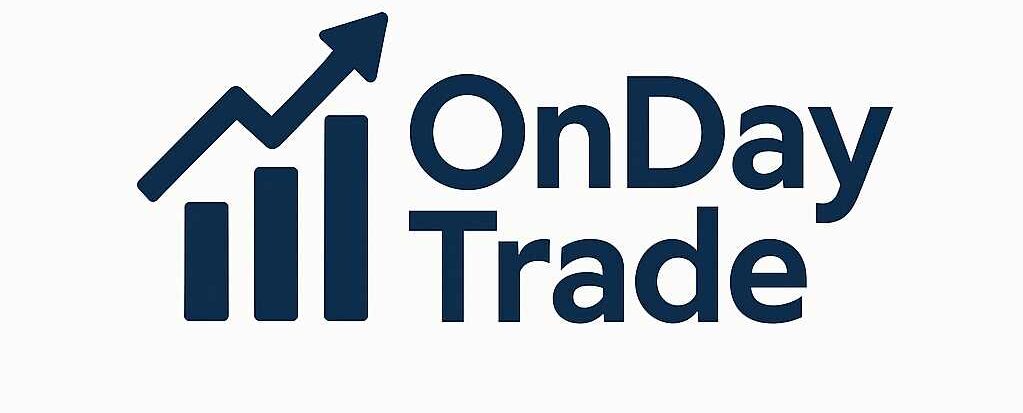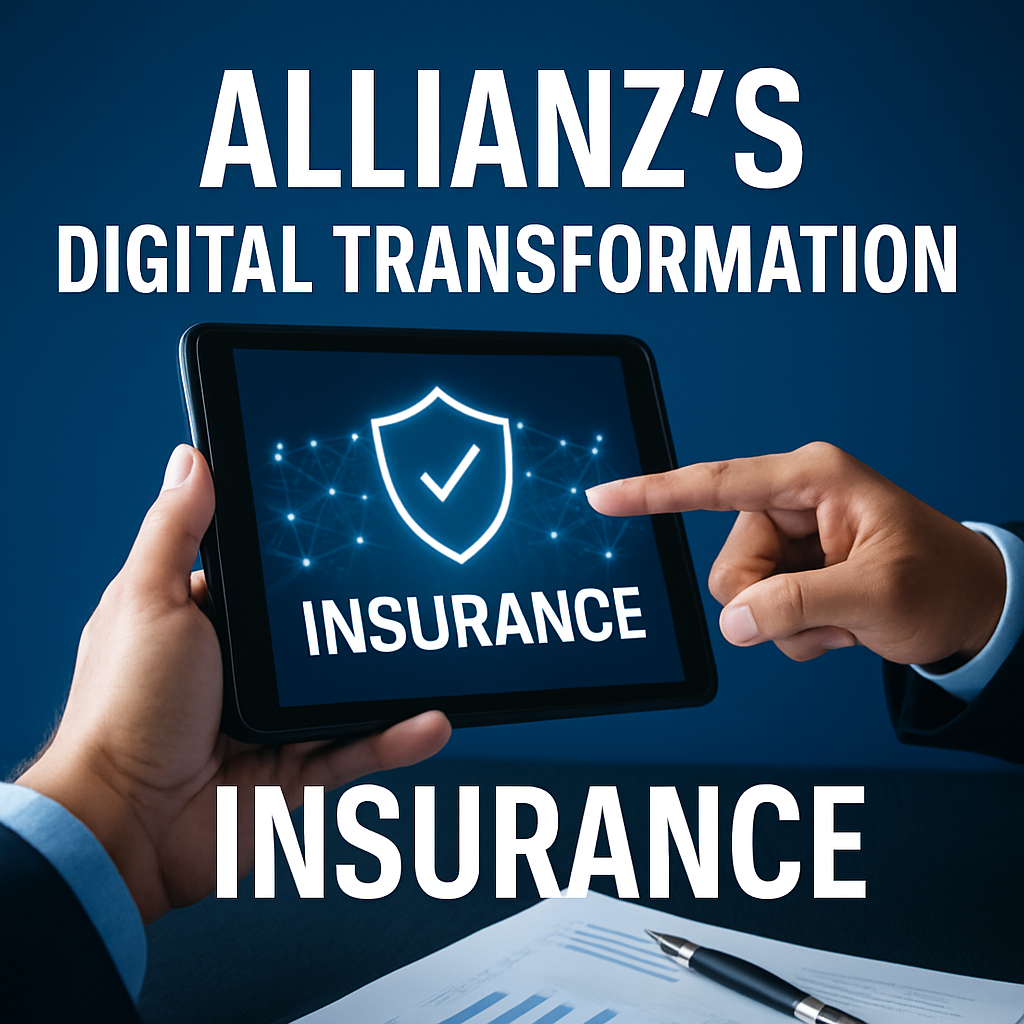Interview by Dany Marches – ondaytrade.com
Markus Löffler never set out to be a tech executive
In fact, growing up, he had his sights set on becoming a professional trumpet player. But life, as it often does, took an unexpected turn — leading him from the world of music into system administration, physics, consulting, and eventually, the executive suite of Allianz Insurance.
We sat down with Markus to hear the full story: how he moved from lab experiments to leading one of the largest digital transformations in the insurance industry. Along the way, we touched on his take on hiring, what makes tech work in large organizations, and the moments that shaped his journey.
A Winding Path to the Top
From Stuttgart to Munich
At 51, Markus lives in Stuttgart and makes weekly trips to Munich, home base for Allianz. Since 2021, he’s served as the company’s first-ever Chief Technology Officer — a role designed to bring coherence to Allianz’s global tech infrastructure. That includes serving over 100 million clients and keeping a close eye on more than €170 billion in revenue. No small task.
Experience at McKinsey
Before Allianz, he spent over two decades at McKinsey, eventually rising to Senior Partner in their Business Technology Office. There, he worked on a wide range of digital projects for clients across sectors — Allianz included. His knack for solving complex problems with unorthodox approaches made him stand out.
“I’ve always thrived where technology, scientific thinking, and strategic planning come together,” he notes.
“The CTO role gives me space to connect all those pieces — and most importantly, to build things that work in the real world.”
A Passion for Physics — and Code
From trumpet to theoretical science
His early years were shaped by a love of science and music.
“I played trumpet seriously until I realized just how competitive the music world was,” he laughs.
“Physics gave me a chance to pursue deep, meaningful questions — and stay close to tech.”
Academic journey
He eventually earned a PhD from the Max Planck Institute for Quantum Optics, where he focused on quantum computing and laser systems. Much of his work involved writing software to model physical systems — everything from atomic motion to light-matter interaction.
“I once built a simulation of a mirror that could reverse the phase of light by 180 degrees,” he recalls.
“It sounds obscure, but it had potential applications in satellite systems.”
Crashing Supercomputers and Rewriting Systems
The sysadmin days
Before physics, there was sysadmin work. Markus cut his teeth managing Linux clusters — sometimes with unexpected results.
“I once boosted performance on a cluster by 30% just by swapping operating systems overnight.
Another time, I bricked a supercomputer by tweaking binary code without a backup plan.”
“There’s no better teacher than being the one troubleshooting at 2 a.m.”
Shifting Gears: From Academia to Strategy
After finishing his PhD, Markus made what seemed like a sharp pivot — into consulting. But to him, the leap made sense.
“At McKinsey, I was solving technical problems at scale. The context changed, but the skills carried over.”
His consulting years took him around the world, working on everything from smart car insurance to IT strategy for global banks.
“What I loved was the variety — and the opportunity to work with really smart people across industries.”
Eventually, Allianz came knocking with a new opportunity: to step in as their first global CTO.
The CTO Job: Broad, Fast, and High-Stakes
What does a CTO do?
“No two days look the same,” he says.
“I might be working on cloud architecture in the morning, security strategy in the afternoon, and troubleshooting delivery delays before dinner.”
He’s led the rollout of Allianz’s hybrid cloud strategy, which combines public cloud partners with their own internal infrastructure. He also spearheaded the development of the Allianz Master Platform — a global system designed to unify operations across countries.
“We’re transitioning away from outdated, disjointed systems toward an integrated, digital-first infrastructure.”
Exploring Tech Trends, Talent Strategies, and the Evolving Landscape of Insurance
Challenges of modernization
Markus believes the biggest challenge in insurance isn’t the technology itself — it’s the expectations that come with it.
“People compare us not to other insurers, but to the best digital experiences they’ve had.
If buying a couch online is smooth, they want their insurance to feel just as easy.”
AI and data use
As for AI and predictive analytics? Allianz is all in — but thoughtful about implementation.
“We already use data to improve everything from maintenance schedules in industrial insurance to fraud detection,” he says.
“But when it comes to personal data like lifestyle habits, we move cautiously.
At the core, it comes down to doing the right thing, staying compliant, and earning the customer’s confidence.”
Hiring philosophy
“You don’t need a fancy degree, but you do need depth, drive, and a solid sense of integrity.
And yes, we still do live coding for some roles.”
Final Thoughts
Markus may not be writing production code anymore, but he still tinkers on side projects — like automating his home garden’s irrigation system.
“That builder spirit never really leaves you,” he says with a light smile.
From quantum lasers to global strategy rooms, his story proves that careers don’t need to follow a straight line. What matters more is curiosity, a willingness to learn, and the courage to take unusual paths — especially when they lead somewhere interesting.

